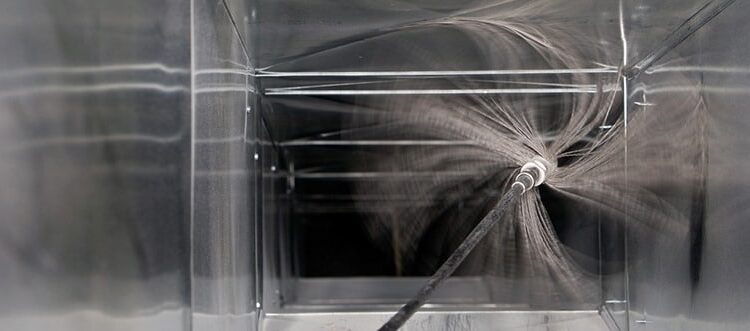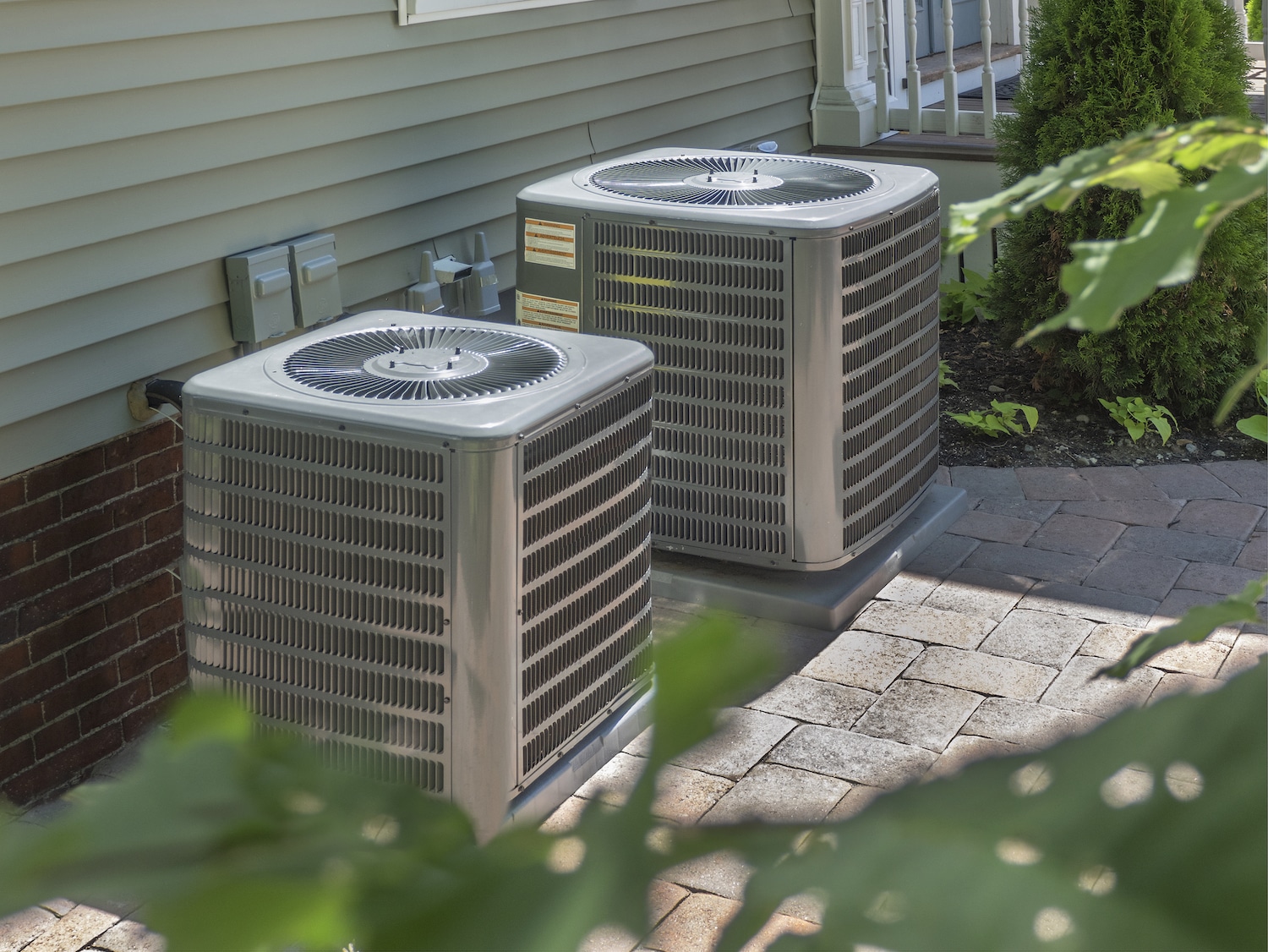
The Why’s and How’s of Air Duct Cleaning
First off, you need to ask yourself, “do I really need air duct cleaning?”
If you think you must clean your ducts simply because you never have or because you see some dust or dirt inside the ventilation shaft, then think again. The Environmental Protection Agency has this to say about air ducts:
“Air duct cleaning has never been shown to actually prevent health problems. Neither do studies conclusively demonstrate that particle (e.g., dust) levels in homes increase because of dirty air ducts. This is because much of the dirt in air ducts adheres to duct surfaces and does not necessarily enter the living space. It is important to keep in mind that dirty air ducts are only one of many possible sources of particles that are present in homes. Pollutants that enter the home both from outdoors and indoor activities such as cooking, cleaning, smoking, or just moving around can cause greater exposure to contaminants than dirty air ducts. Moreover, there is no evidence that a light amount of household dust or other particulate matter in air ducts poses any risk to your health.”
That does not mean, however, that there is never a reason to clean your ducts. In fact, there are several legitimate and very real reasons to clean your ducts, including:
-
- Visible mold growth inside hard surface (e.g., sheet metal) ducts or on other components of your heating and cooling system
-
- Ducts infested with vermin, e.g. (rodents or insects)
-
- Ducts clogged with excessive amounts of dust and debris, releasing particles into the home from your supply registers
The EPA does not recommend that air ducts be cleaned regularly, only as needed. And sometimes ducts are very much in need of cleaning.
When that is the case the next step is to begin researching which companies offer cleaning and services, pricing and what sets their cleaning apart.
Here are some factors to be mindful of when searching for a duct cleaning company, again courtesy of the EPA.
-
- Do not hire duct cleaners who recommend duct cleaning as a routine part of your heating and cooling system maintenance. You should also be wary of duct cleaners who claim to be certified by EPA. Note: EPA neither establishes duct cleaning standards nor certifies, endorses, or approves duct cleaning companies.
-
- Do not allow the use of chemical biocides or chemical treatments unless you fully understand the pros and the cons of these treatments.
-
- Check references to be sure other customers were satisfied and did not experience any problems with their heating and cooling system after cleaning.
-
- Contact your county or city office of consumer affairs or local Better Business Bureau to determine if complaints have been lodged against any of the companies you are considering.
You’ll also want to interview potential service providers to ensure they are experienced in duct cleaning and have worked on systems like yours.
On top of that you will want to make sure that any duct cleaning company will use procedures to protect you, your pets and your home from contamination and comply with National Air Duct Cleaners Association standards.
Additionally, if your ducts are constructed of fiber glass duct board or insulated internally with fiber glass duct liner, you;ll want to insure that the company complies with North American Insulation Manufacturers Association’s (NAIMA) recommendations.
Ask the service provider whether they hold any relevant state licenses. Georgia requires a state license in order to clean ductwork.
It’s also a good idea to see if the service provider charges by the hour and to request an estimate of the number of hours or days the job will take. Also, find out whether there will be interruptions in the work. Make sure the duct cleaner you choose will provide a written agreement outlining the total cost and scope of the job before work begins.
Once you have selected a company to carry out an air duct cleaning, this is what you should expect to see from their technicians:
-
- Opening access ports or doors to allow the entire system to be cleaned and inspected.
-
- Inspecting the system before cleaning to be sure that there are no asbestos-containing materials (e.g., insulation, register boots, etc.) in the heating and cooling system. Asbestos-containing materials require specialized procedures and should not be disturbed or removed except by specially trained and equipped contractors.
-
- Using vacuum equipment that exhausts particles outside of the home or use only high-efficiency particle air (HEPA) vacuuming equipment if the vacuum exhausts inside the home.
-
- Protecting carpet and household furnishings during cleaning.
-
- Using well-controlled brushing of duct surfaces in conjunction with contact vacuum cleaning to dislodge dust and other particles.
-
- Using only soft-bristled brushes for fiberglass duct board and sheet metal ducts internally lined with fiberglass. (Although flex duct can also be cleaned using soft-bristled brushes, it can be more economical to simply replace accessible flex duct.)
-
- Taking care to protect the duct work, including sealing and re-insulating any access holes the service provider may have made or used so they are airtight.
-
- Following NADCA’s standards for air duct cleaning and NAIMA’s recommended practice for ducts containing fiber glass lining or constructed of fiber glass duct board.
For more detailed information visit the EPA’s website.
Your Trusted HVAC Experts for Home Comfort and Efficiency

